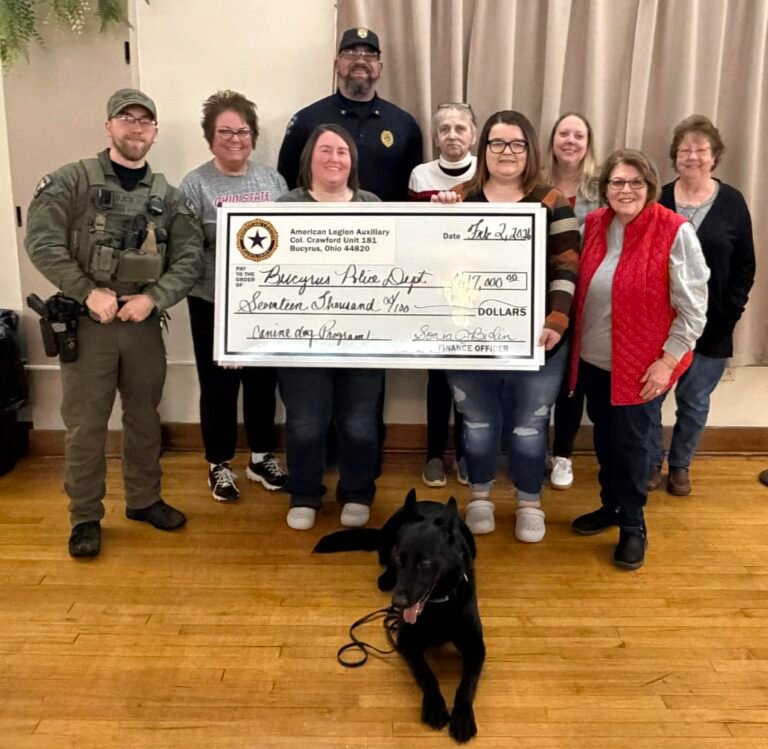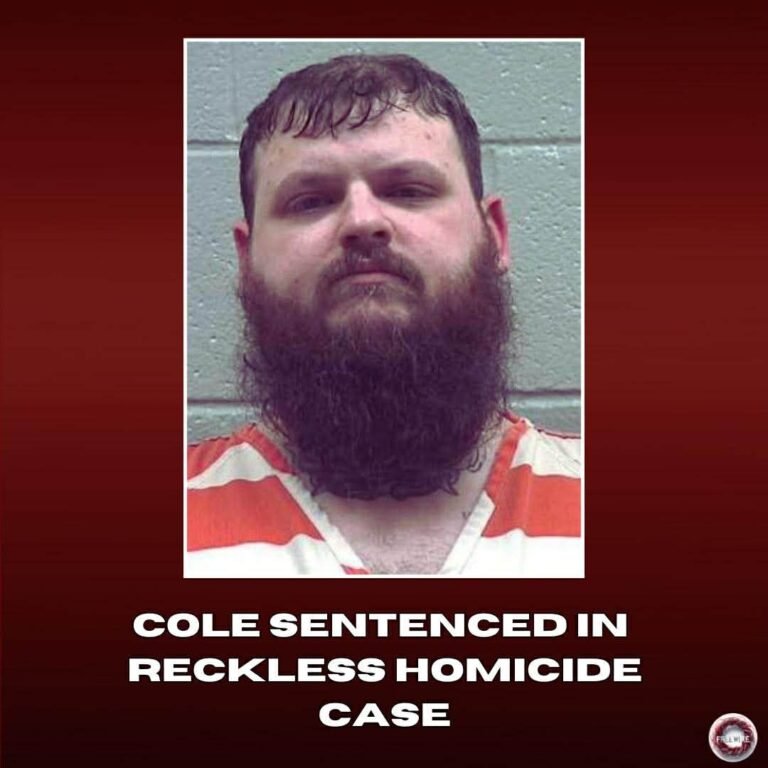By Logan Andrew

They’ll set themselves on fire for attention, then cry that you handed them the matches. You’ve seen them—the people who live to provoke, demand, derail, or dominate every room they walk into, online or off. They’re not always obvious. Sometimes they wear a mask of victimhood. Other times, they show up with charm, charisma, and crocodile tears. But make no mistake: they’re not looking for connection. They’re looking for control.
In psychological terms, we’re talking about narcissistic behavior—not just vanity or arrogance, but something deeper and darker. Narcissism, especially of the covert or vulnerable variety, feeds off one thing: attention. Praise, outrage, pity, applause—it doesn’t matter what flavor, as long as it tastes like focus. That’s the fuel. And like a starving animal, they’ll claw through any boundary to get it.
We live in a time where attention is currency. People trade in their traumas like poker chips, and the loudest victim wins the pot. Social media has only amplified it. Performative vulnerability, exaggerated slights, constant provocations—it’s all part of the same algorithmic hunger game. Some folks genuinely need help. Others need a mirror.
But here’s the hard part: narcissists don’t just self-destruct. They’re often very good at getting you to carry the guilt for their explosion. They bait you, then claim you started it. They create conflict, then act shocked anyone noticed. They cry foul, then call the cops—metaphorically or otherwise—when people get tired of their games.
So how do you deal with them?
You starve them.
That doesn’t mean cruelty. It means disinterest. Boundaries. Silence. The narcissist’s worst nightmare isn’t confrontation—it’s indifference. It’s a room where no one claps. A thread where no one replies. A spotlight that never turns on.
They want a reaction. That’s the currency. They escalate until they get one, and if they can’t be adored, they’ll settle for being feared, pitied, or hated. Anything to stay center stage.
The antidote is restraint.
And here’s where things get complicated—especially for media.
At FreeWire, we exist to expose dysfunction. We shine light on the bad actors, the lies, the chaos merchants. But what do we do when the chaos is the point? When the person causing harm wants to be exposed, because it gives them another hit of attention? How do we walk the line between calling it out and becoming part of the circus?
That’s the trap narcissists set: they make themselves the story, then act persecuted when the story is told. And the more outrageous the behavior, the more pressure there is to cover it. To respond. To defend. To dunk.
We’re not going to stop reporting facts. We’re not going to ignore wrongdoing. But we also have to evolve—because these people don’t just want to be infamous. They want to be central. They’ll orchestrate their own downfall as long as the camera is pointed their way.
So we won’t give them the narrative. We’ll give the public the truth—and let the public decide what’s worth watching.
And at the end of the day, what is the most powerful thing we can do?
Don’t clap.





















Kudos, well said. To your point, I limit my YouTube viewing so as to not add any numbers to those that distribute unworthy content. My time is valuable. I seek to stay informed. I want facts and knowledge, not drama and negativity. I truly appreciate the journalistic efforts you bring to our community and applaud you for your commitment to quality.